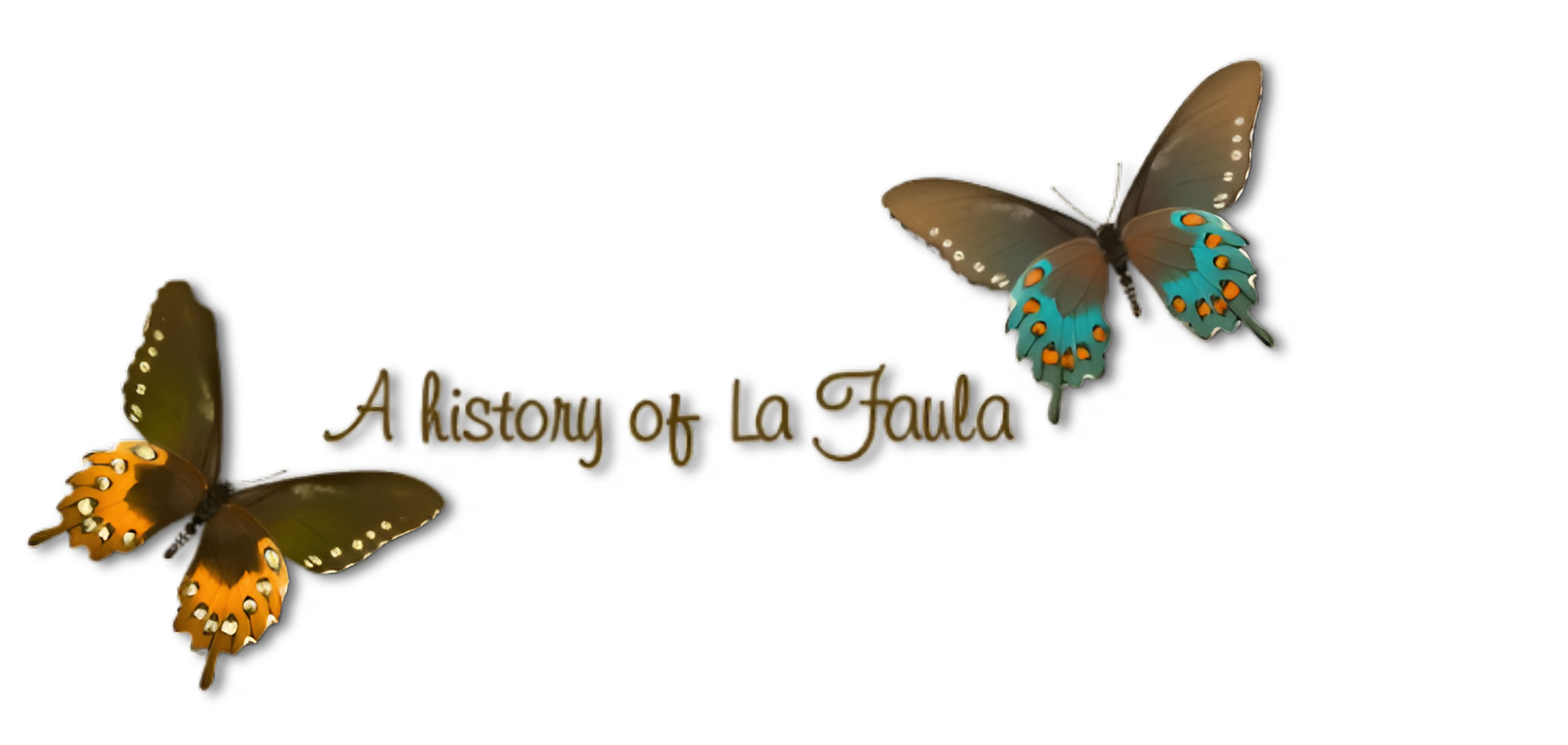The Rebirth of La Faula
La Faula is more than a place: it is a story of resilience, transformation, and hope. After centuries of rural traditions, noble ownership, war, and sharecropping, it was in the second half of the 20th century that La Faula began a new chapter—its rebirth.
From Collapse to Opportunity
By the late 1950s, the Basso family, who had shaped the land with their hands and hearts, were forced to leave La Faula. The hill they had cleared of trees and cultivated so painstakingly was now once again overgrown. The estate, once brimming with life, fell into decline, passing through the hands of various tenants, each with diminishing engagement.
But in 1967, a pivotal moment came. Franco Colautti, a Friulian emigrant working in Mexico, bought La Faula. It was a bold act of return and redemption. His purchase, involving legal complexities and the settlement of an old mortgage with the Counts of Angoris, marked the beginning of the estate’s rebirth.
The Vision of a New Future
With the support of Enzo Ballico, a former mayor and experienced surveyor, Franco began to rebuild. First came infrastructure: a bridge to cross the Malina, the connection to the water supply, and eventually a vineyard revitalization project. The once-abandoned land saw vines replanted and hills terraced again—but this time for modern agricultural practices.
The land, which had suffered floods and abandonment, began to flourish anew. Pine trees were planted on the upper slopes, and a structured effort to maintain the estate began. Franco's dream was no longer just to own La Faula—but to live there, make it productive, and bring it back to life.
The Earthquake and Resilience
In 1976, a devastating earthquake shook Friuli. Though the house at La Faula withstood the shock, it became uninhabitable. Franco and his family moved to Udine, and for many years, the property remained semi-abandoned. But again, from difficulty emerged strength: the house was repaired, and Romilda and Emilio, a mountain couple displaced by the quake, moved in and tended the vineyard with love and dedication until 1987.
A New Generation: Luca and Paul
In the 1990s, Franco, now aging, entrusted La Faula to his son Luca. Though inexperienced in agriculture, Luca embraced the challenge. With Franco’s initial guidance and Paul Mackay’s later partnership, La Faula evolved into a vibrant agriturismo. They revived wine production and opened a “frasca”—a rustic wine bar serving their own products.
In 1997, La Faula was officially authorized to rent rooms. It became a place of hospitality, welcoming visitors from across the world. The land, once cultivated by peasants under noble lords, was now stewarded by passionate individuals creating sustainable tourism and quality agriculture.
Legacy of the Rebirth
La Faula’s rebirth is not just a story of renovation—it is a transformation of spirit. From Roman times to noble ownership, through wars and hardship, to modern ecological hospitality, La Faula has endured. The rebirth honors the past and builds toward a future rooted in authenticity, care for the land, and cultural memory.
Today, Paul and Luca have made La Faula not just a farm, but a symbol of resilience and renewal. The story of its rebirth is a testament to the strength of those who believed in its potential, who gave it life again—stone by stone, vine by vine.

